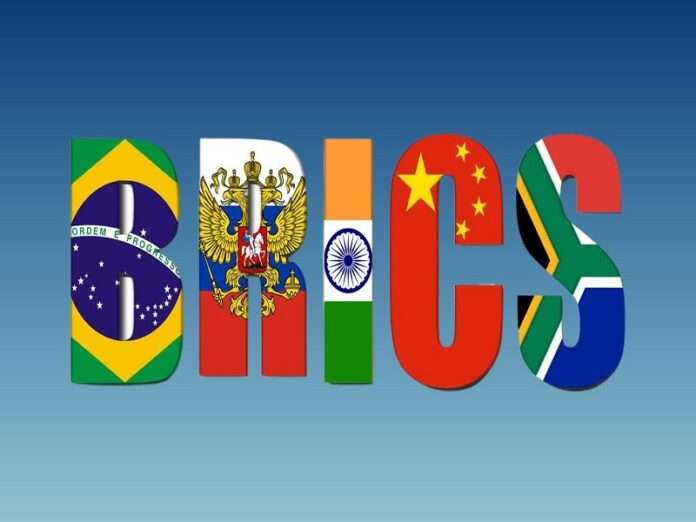Russian Foreign Minister Sergey Lavrov, whose country holds this year’s BRICS chairmanship, said last month that he doesn’t believe that this association of countries should transform into an organization. In his words, “BRICS is not an organization, but an association. I don’t think anyone has any interest in turning it into a real organization with a secretariat. This is not necessary, at least at this stage, for a relatively long time.” This is sensible since an association is much more flexible than an organization.
If BRICS were to transform into an organization with its own secretariat, then it could imply that members have certain obligations to one another, which they presently don’t. Instead, all cooperation is purely voluntary, and this allows rival pairs like China-India and Egypt-Ethiopia to continue participating in the association without fear of feeling pressured to enact policies that could harm their relevant interests vis-à-vis the other.
BRICS can also expand its network more easily this way too since more countries are interested in coordinating the acceleration of financial multipolarity processes without any implied obligations than there are those that feel comfortable with such potentially strings-attached cooperation. There also wouldn’t be any awkwardness if a member or partner has a change of government and then decides to pull out of the association like there’d be if they had to initiate removal from a formal organization.
Despite the advantages that remaining an association would entail, Iranian Deputy Foreign Minister for Economic Diplomacy Mahdi Safari told Sputnik less than two weeks after Lavrov’s remarks that “Russia – a country with vast experience in international and regional organizations – in my opinion could establish a new body in BRICS which will eventually evolve into secretariat.” He added that this could improve the collection and storing of the group’s information that’s currently done individually by each member.
That’s also sensible since there are definitely advantages to be had in centrally organizing certain information about the group. For instance, it would be very useful for researchers to have a collection of all representatives’ speeches at the hundreds of group events that take place each year translated into each member’s national languages. The same goes for their national institutions’ studies about BRICS, their leaders’ remarks about the group at non-BRICS events, and important media articles about BRICS.
This doesn’t require a formal secretariat to carry out, however, but would still have to be based somewhere and staffed by employees from the group’s members. Considering that their inaugural 2009 summit took place in Russia’s Yekaterinburg, that city could host these operations, which could be staffed by a combination of full-time employees and interns from each member. BRICS could therefore remain a flexible association while also improving its collection and storage of information.
The debate over whether to form a secretariat, which prompted Lavrov and Safari to share their opinions about it, can advance this proposal if at least one country officially suggests this compromise solution throughout the course of Russia’s chairmanship. Hopefully that’ll happen since Safari’s point about more efficiently organizing information and then presumably sharing it with the world is important, though there are also valid reasons why BRICS should remain an association without a secretariat.







